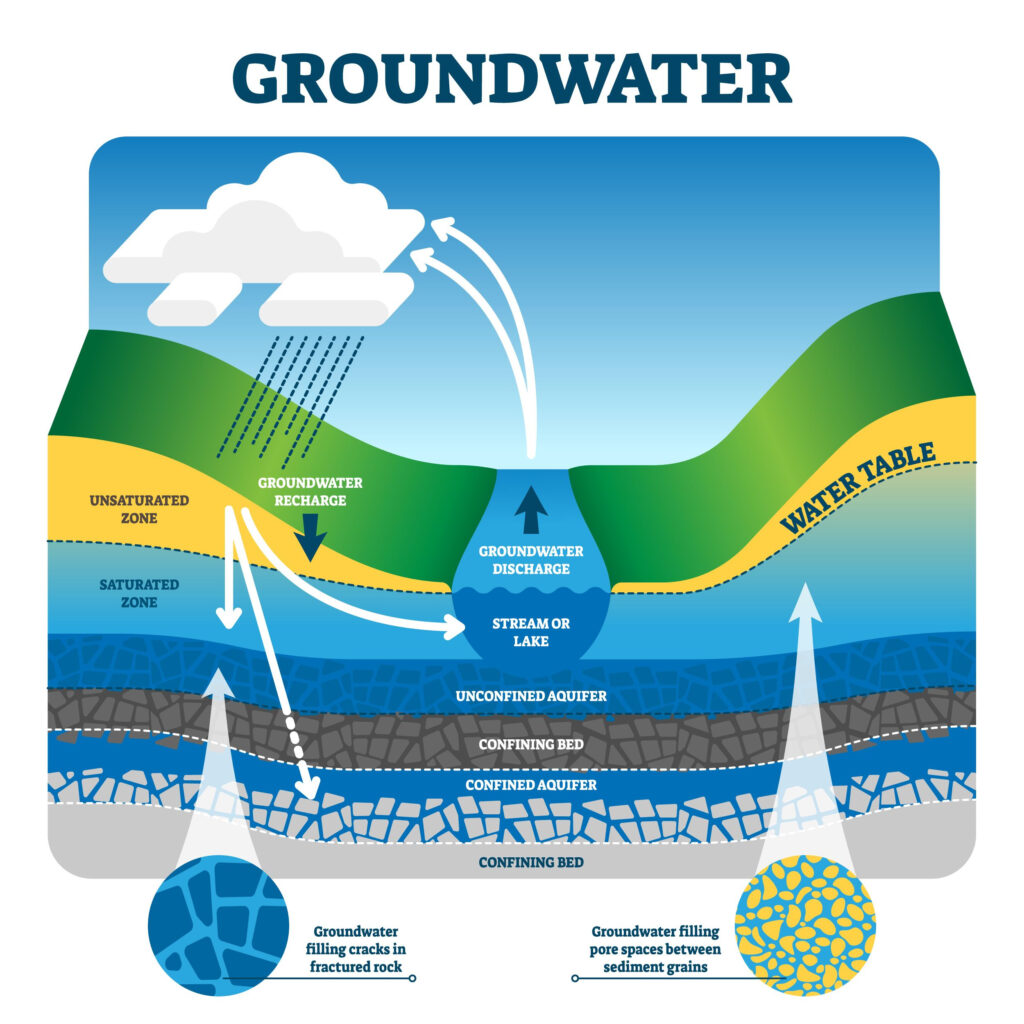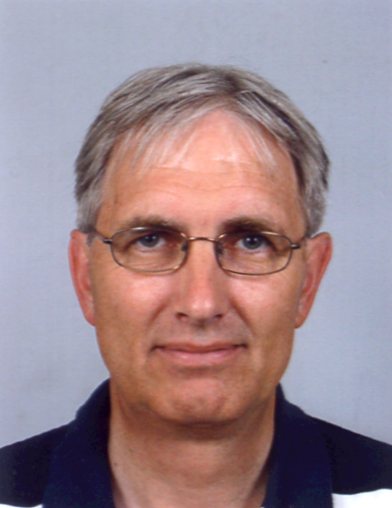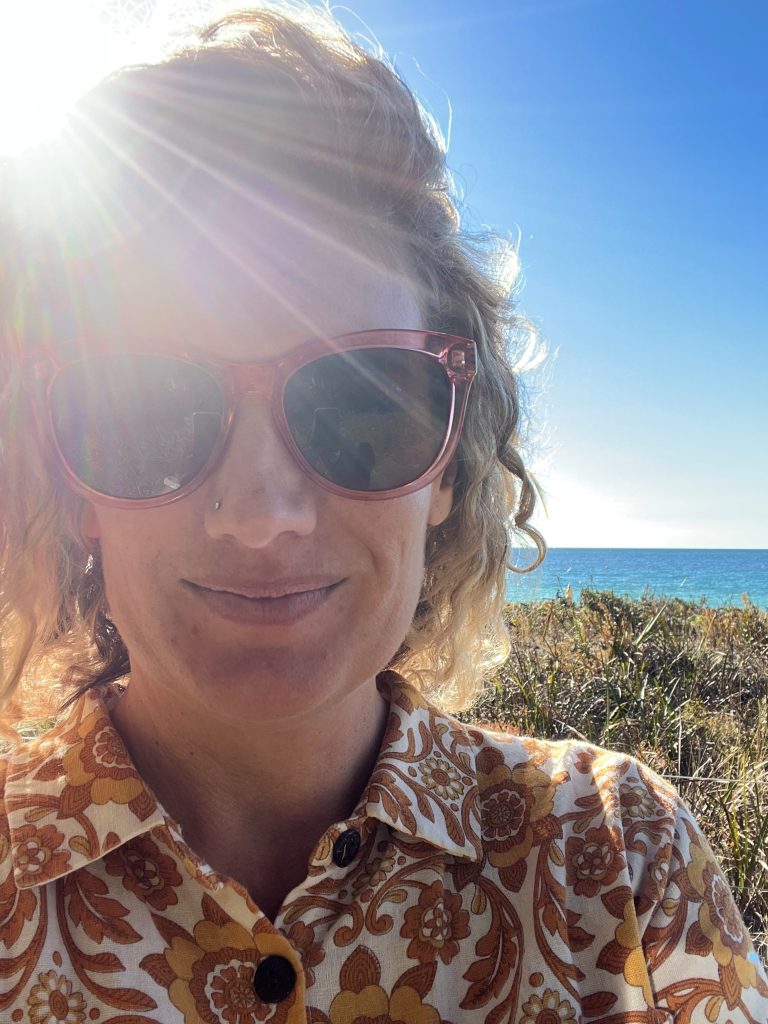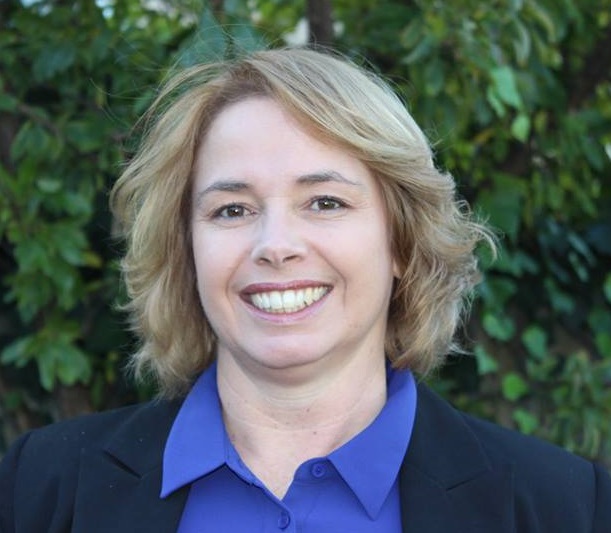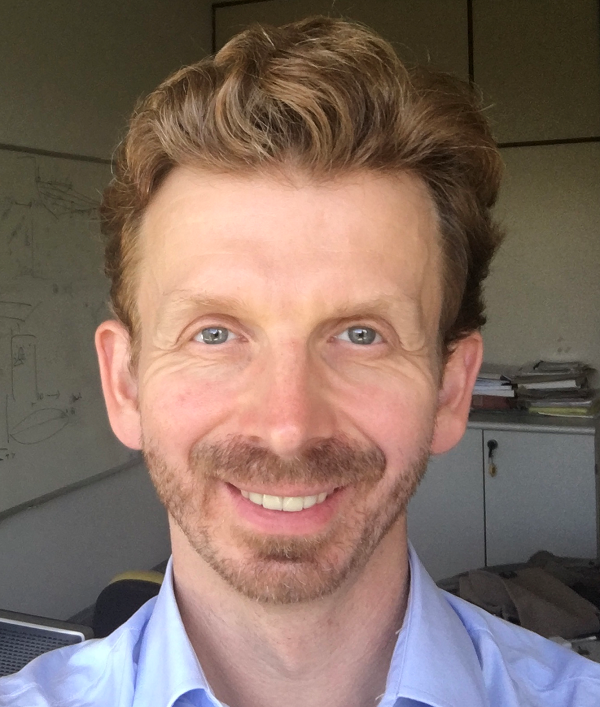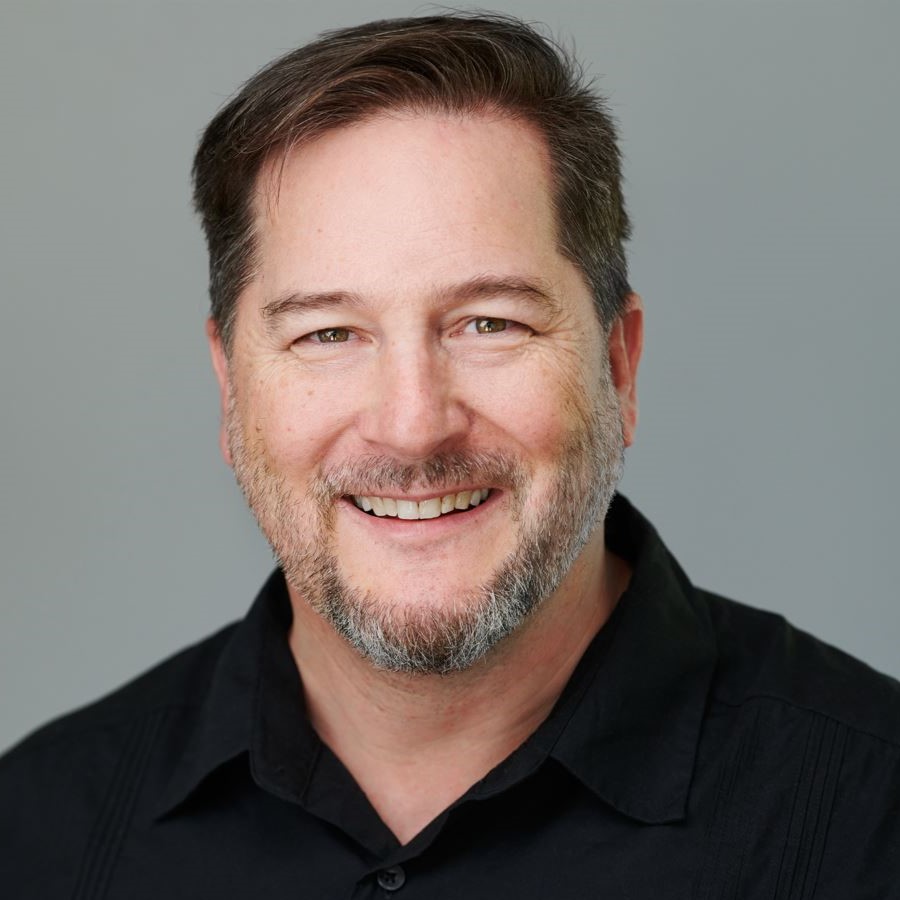Background
Advances in groundwater modelling software are providing increasingly impressive results, with the ability to model countless iterations and produce 3-dimensional animations; however, a basic understanding of the underlying concepts remains key in correctly interpreting, applying and presenting results.
Each of the four parts of groundwater hydrology are hosted by experts in their field, who delve in-depth into the key topic, explaining best practice techniques and approaches covering theoretical background material and practical applications and case-studies, specifically catered to practitioners in the water sector, allowing them to apply the knowledge from the series and learn, hands-on how to use various modelling software packages.
Whatever your preferred groundwater modelling software, this course provides the background knowledge to allow you to appropriately select input variables, troubleshoot, and interpret results. The course is designed to introduce basic equations that are used to compute key parameters and results for comparison to numerical models ensuring attendees build their skills piece by piece through every session.
The content of each session is presented below:
Course overview
Part 1: Groundwater physics
Learn about the general behaviour of groundwater: what are the general laws, and how can we apply these in a sound manner? Or conversely, what are the common misconceptions and pitfalls that we need to avoid in groundwater hydrology?
- Misconceptions and pitfalls?
- The water table
- Bernoulli: theory and examples
- Specific discharge (volume flux density) and effective groundwater velocity
- Darcy’s law for macroscopic groundwater flow
- Hydraulic conductivity and porosity
- Aquifer thermal energy storage
- Refracting groundwater
- Transmissivity and hydraulic resistance
Part 2: Groundwater hydraulics: one-dimensional steady flow
The beauty of groundwater hydraulics is how readily the models apply to real hydrological settings and how well the models perform in providing a quick, first estimate to many groundwater flow problems.
- Laplace equation
- Terminology
- Confined groundwater and boundary conditions
- Vaiont Dam Disaster
- Unconfined groundwater: Pennink and Dupuit-Forchheimer
- Groundwater flow regimes and systems
- Fresh and saline: Ghijben-Herzberg
- Leaky aquifers and seepage
- Unconfined aquifers with recharge
Part 3: Groundwater hydraulics: radial-symmetric steady flow
Groundwater is pumped up for drinking water, crop irrigation, agricultural production, and industrial processes. For instance, learn how contaminated groundwater can hydrological be isolated and how we can counteract salinization of our water wells.
- Radial flow in a confined aquifer: Dupuit equation
- Radial flow in an unconfined aquifer
- A well in a regional groundwater flow field
- Pump and treat
- Superposition and boundary conditions
- Extra resistances
- Freshkeeper concept
- Contaminated groundwater: three cases
- Adapted Stiff diagrams
Part 4: Introducing numerical groundwater models
For conceptually complex hydrological problems, hydrologists use numerical computational methods that run on a computer. Different types of numerical approaches can be distinguished that use finite differences, finite volumes, finite elements, or analytical elements. An introduction to these approaches is provided here.
- Introducing numerical models
- MODFLOW
- Analytical element method
- Introducing Python
Format
The Groundwater Essentials course includes four individual intensive 3-hour sessions. Each session in the series focusses on a key principle of groundwater hydrology and hydraulics.
- 16+ hours of session recordings with unlimited access for 45-days;
- Pre-and-post-course materials to go through via the AWS learning platform;
- Exercises between the 4 sessions;
- Ability to ask questions to the presenters at anytime through the learning platform.
Prerequisites
Optional viewing
The Australian Water School’s YouTube channel has a compilation of free webinars that are referred to throughout the course. The groundwater playlist is available here. Topics include:
- Groundwater time series analysis
- Python for groundwater applications
- QGIS for groundwater applications
- Groundwater salinity
- Managed aquifer recharge
- Groundwater-dependent ecosystems
- and more…
You may wish to browse the full catalogue of AWS webinars to find topics of interest for your career and subscribe to be notified of future webinar topics.
Other Prerequisites
Outcome
- On completion of the course, attendees will be issued with a Certificate of Participation.
- Attendees earn CPD hours/points (ie with Engineers Australia) for at least 30 hours for the entire course.
Course feedback
“Great diversity of presenters and a large scope of topics covered thoroughly, well done to all involved.”
“The course was a useful starting point to the subject with a challenging amount of theory.”
Refund Policy
Frequently Asked Questions (FAQ)
